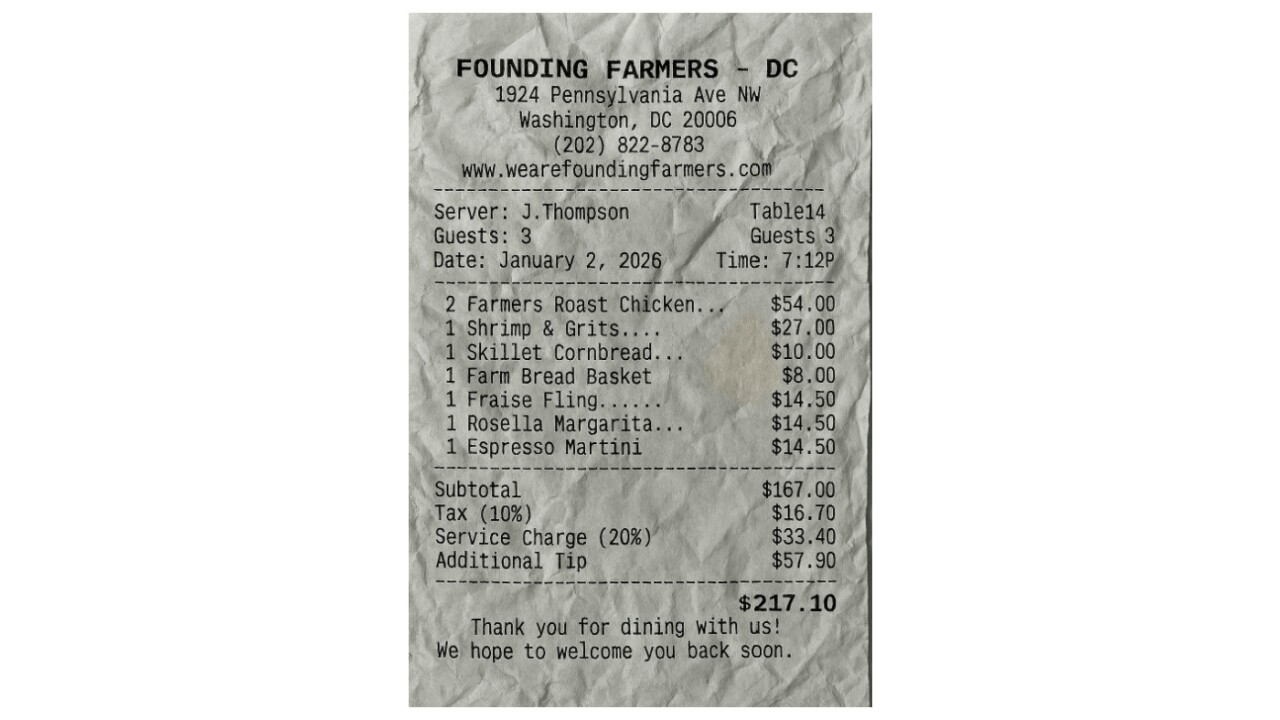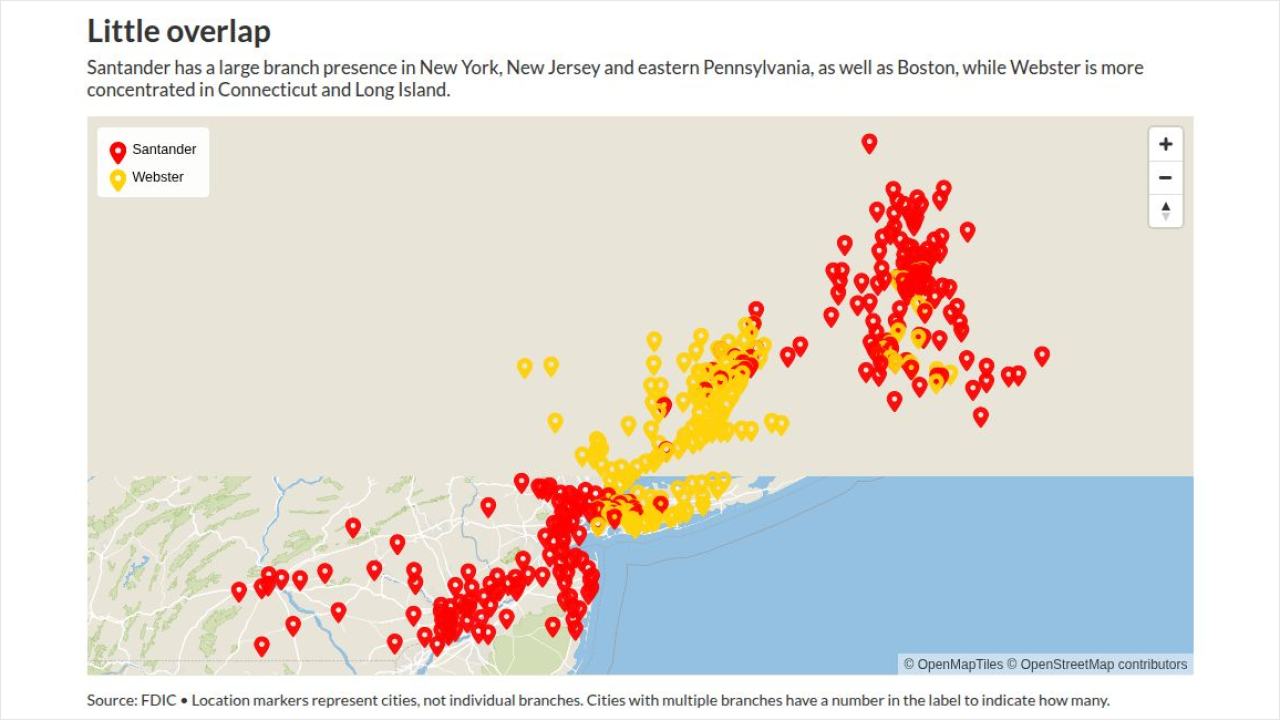
WASHINGTON — This past Friday morning I got up early, got on the train and headed to the Federal Reserve headquarters to do some listening.
Several years ago, the Fed embarked on a campaign of public events called Fed Listens, whereby members of the Board of Governors of the Federal Reserve would convene panels of experts — often located at
So it was on Friday, when six panelists from a range of industries and geographies came to the Fed headquarters to hear about the
The five Fed governors present for the meeting were certainly listening, watching intently, occasionally raising eyebrows when an especially salient statistic was presented and asking attentive and earnest questions. As I was sitting there watching this exchange, I imagined the governors turning in their minds to members of Congress and asking — as in the
The Fed does a lot of things: It regulates bank holding companies and the payments system, collects
That outcome, as unpleasant as it is for businesspeople, is precisely what the Fed was hoping to achieve by raising interest rates — taming inflation by making lending less attractive, thereby tamping down demand, which keeps prices in check. But rates can only go up or down, and the long-term benefit of price stability comes at the short-term expense of companies that might like to borrow — or may desperately need to borrow — but not at prohibitive rates. Those fleas come with the dog, and there is basically nothing short of lowering interest rates that the Fed can unilaterally do to ease those companies' pain. And lowering interest rates, we know, is something the Fed will do
But the government is broad and deep and has the power to make effective policy when it has the will. And beyond the understandable desire for cheaper financing, the government can do a lot of things to anticipate and respond to grim post-pandemic economic realities.
For example, one of the consistent issues that was raised throughout the panel discussion was the challenge of finding skilled labor. As I learned during the hearing, immigration — something an economist
Another example (and one close to my heart) is the financial pressures facing the childcare industry. Workers with kids need someone to watch those kids when they work, and the cost of childcare is high and nonnegotiable. Philanthropic organizations and state subsidies can help, but the need far exceeds demand — and there aren't enough trained childcare professionals to meet demand regardless of price. Congress
The point I'm building to is this: The Fed, for all its power, is not the Department of the Economy. Its power over monetary policy and institutional expertise in economics gives it the appearance of such, but the vast majority of the economic tools available to the government — and the most precise ones — must be wielded by the legislative and executive branches together in common purpose.
That's called fiscal policy, and unhelpful political gamesmanship has relegated those powers to being used only for the most
All of this left me feeling a kind of low-grade despair — that those with the curiosity and interest in looking ahead to near-term problems in the economy are not in a position to act on that curiosity, and those who are can't or won't take a similar interest.
This is the somber view, but one of the panelists — Ernest Grant, interim vice dean at Duke University School of Nursing — came away with a much more upbeat assessment. He told me these panels are quite useful indeed — not only does it help the Fed in its role setting interest rates, but the things said today and the decisions the Fed makes could spur lawmakers to take notice and even act.
"I don't think it's futile. I think maybe somewhere down the line, the decisions they make send a message to members of Congress — one way or the other — and to the rest of the country as well," Grant said. "I wouldn't say it's futile. I think it's a nice, quiet but subtle way to get the word out there about how the country is doing."






